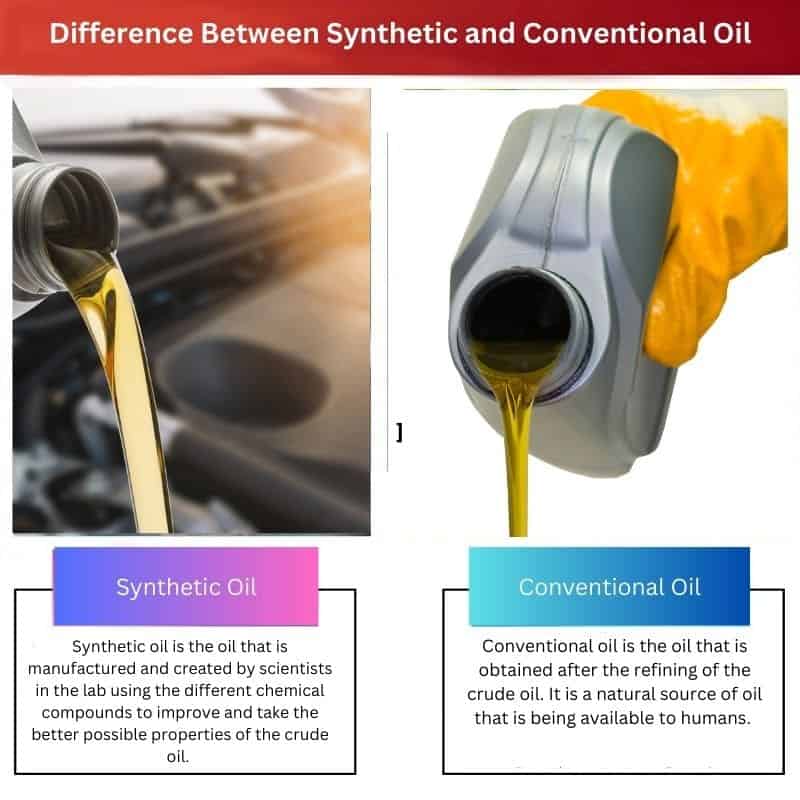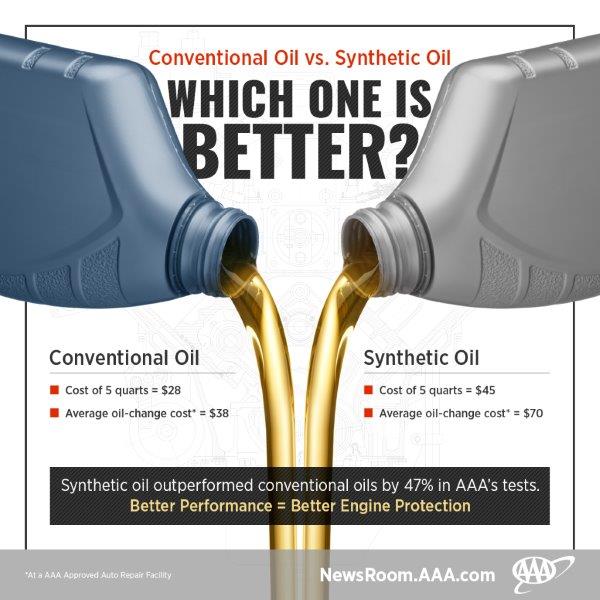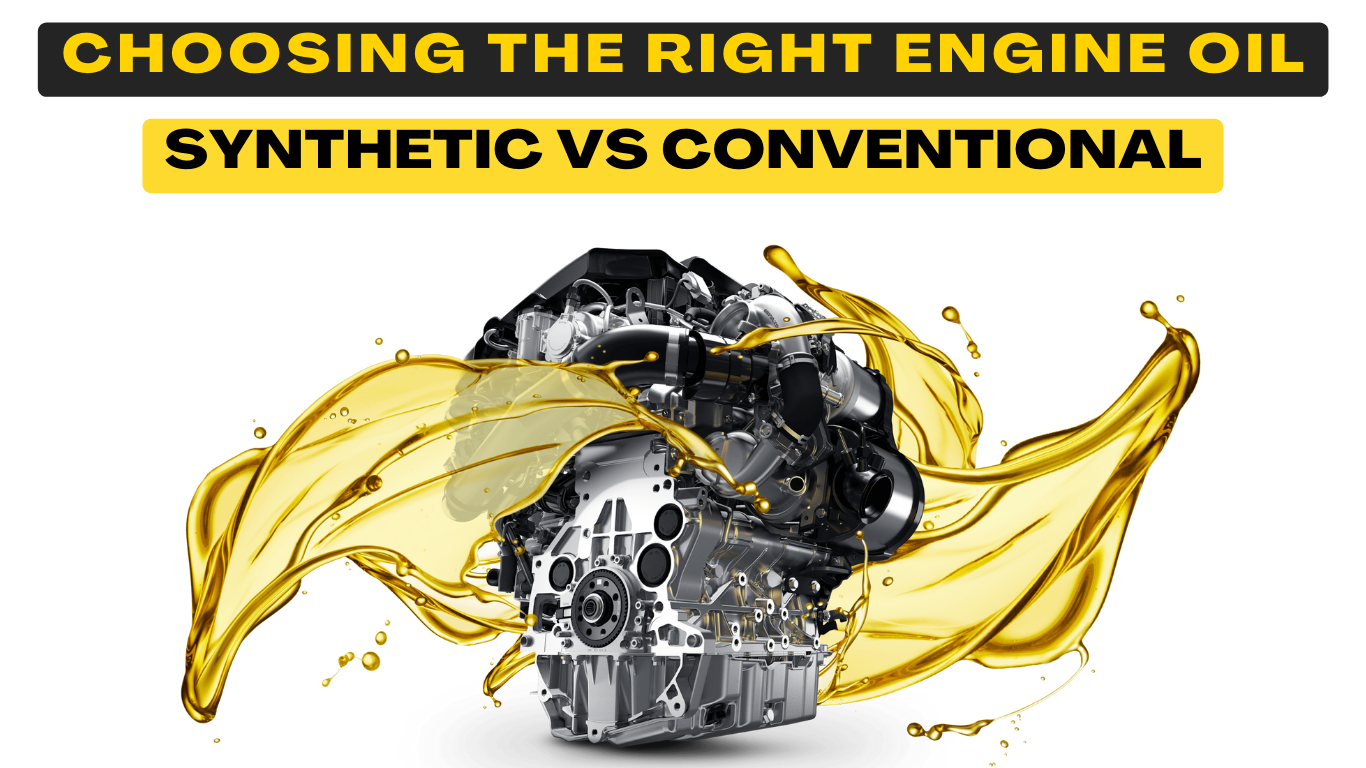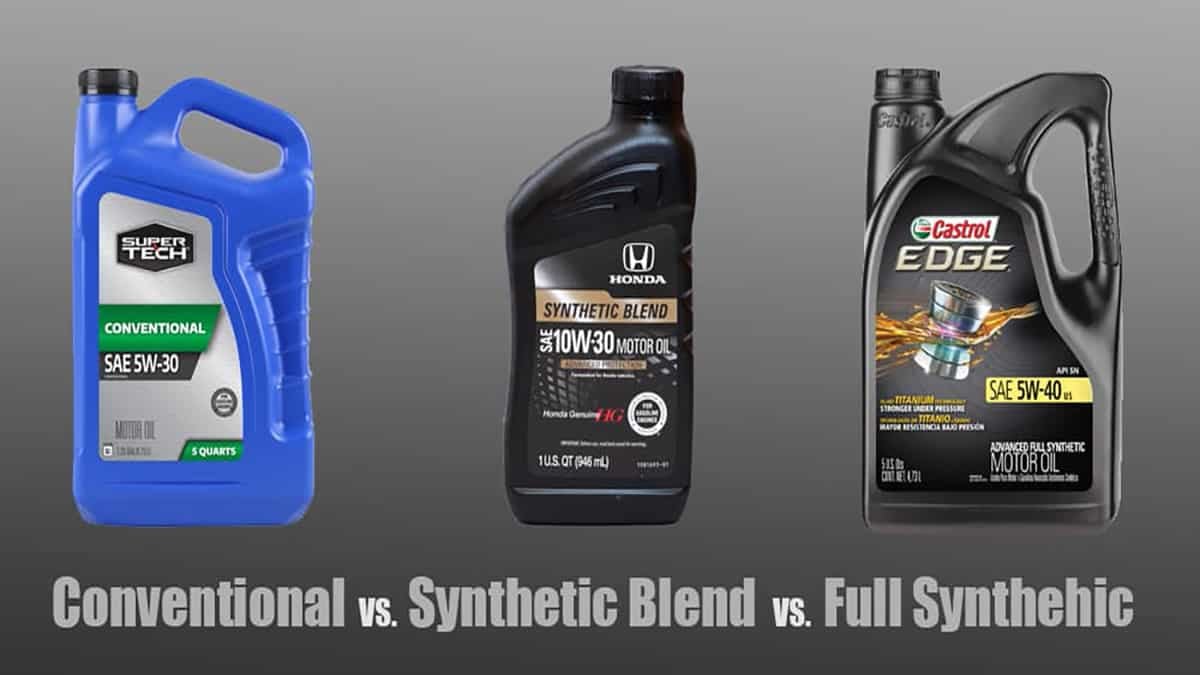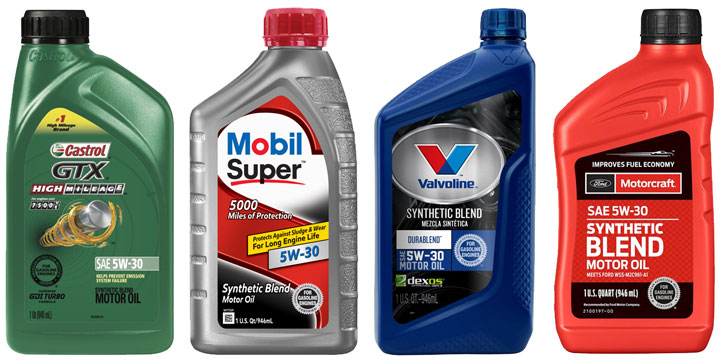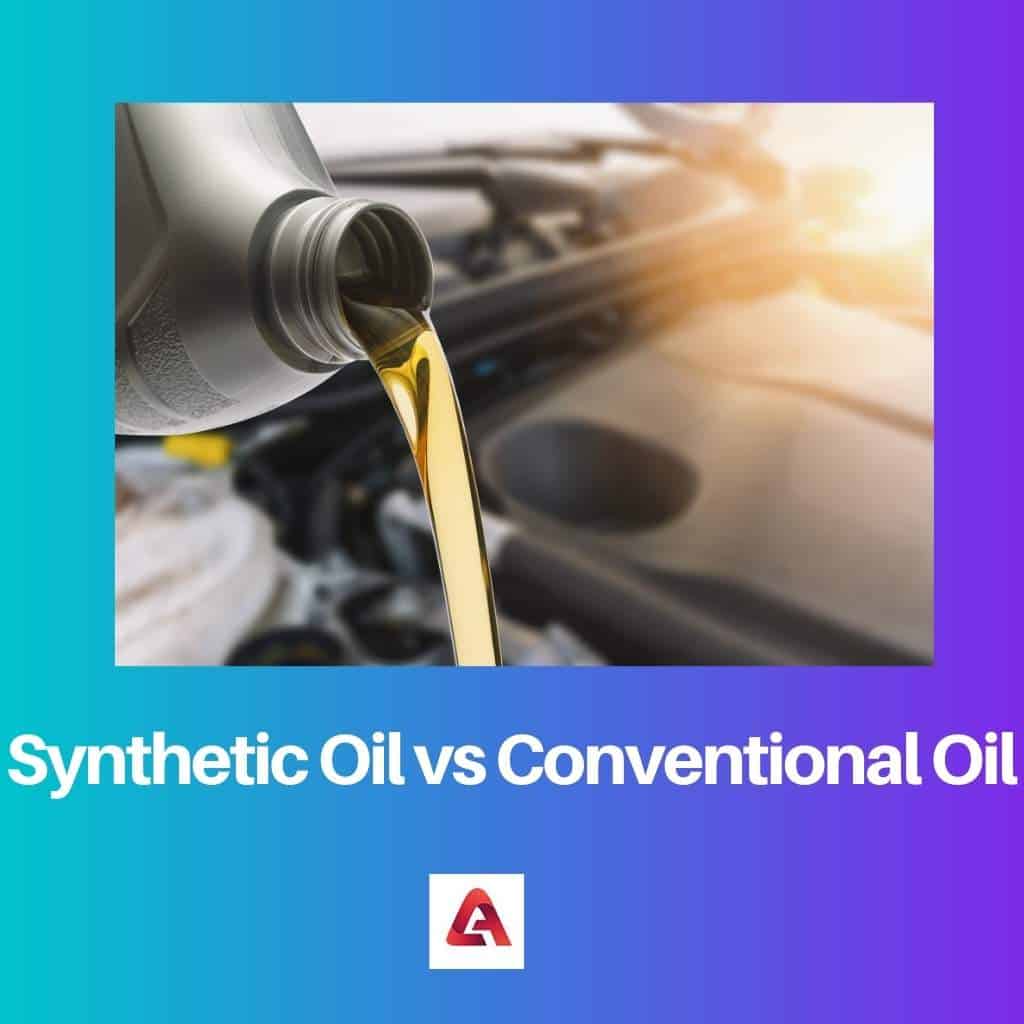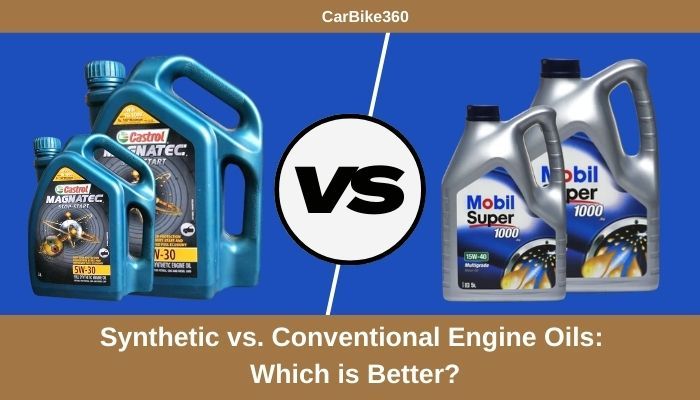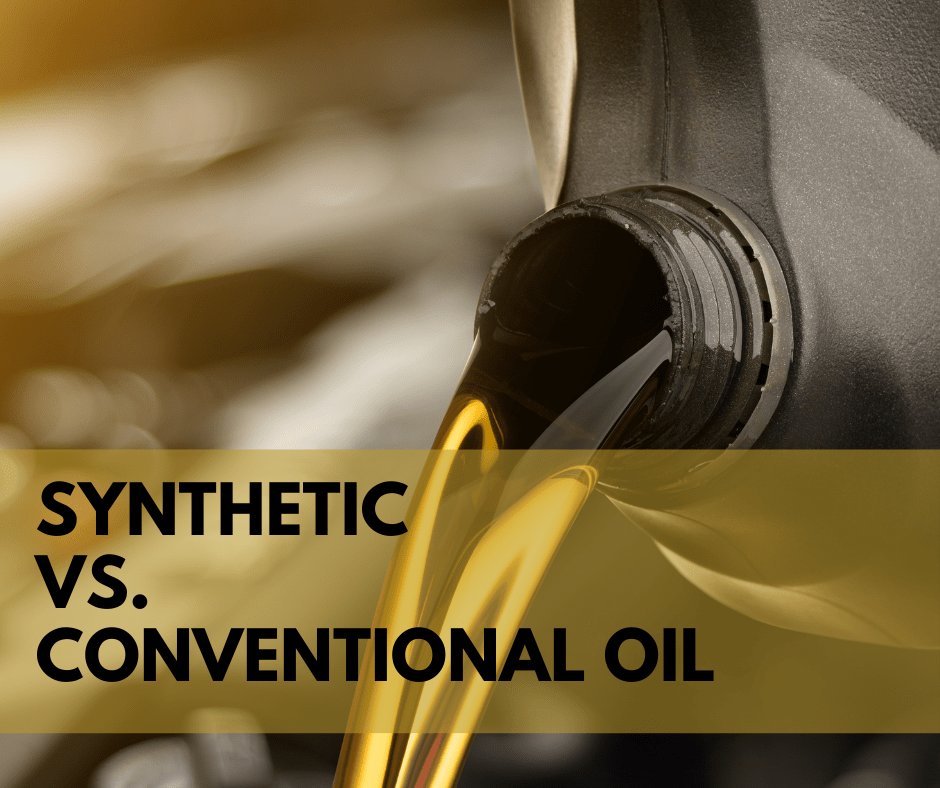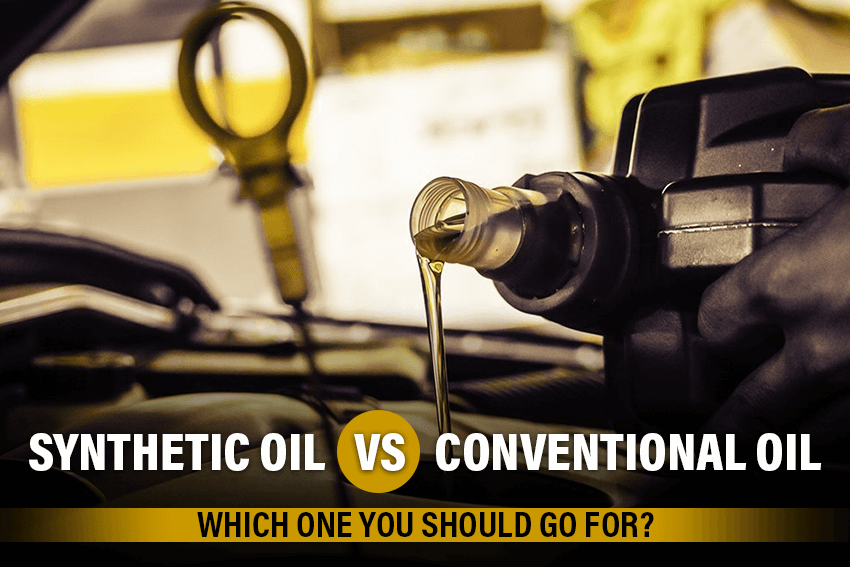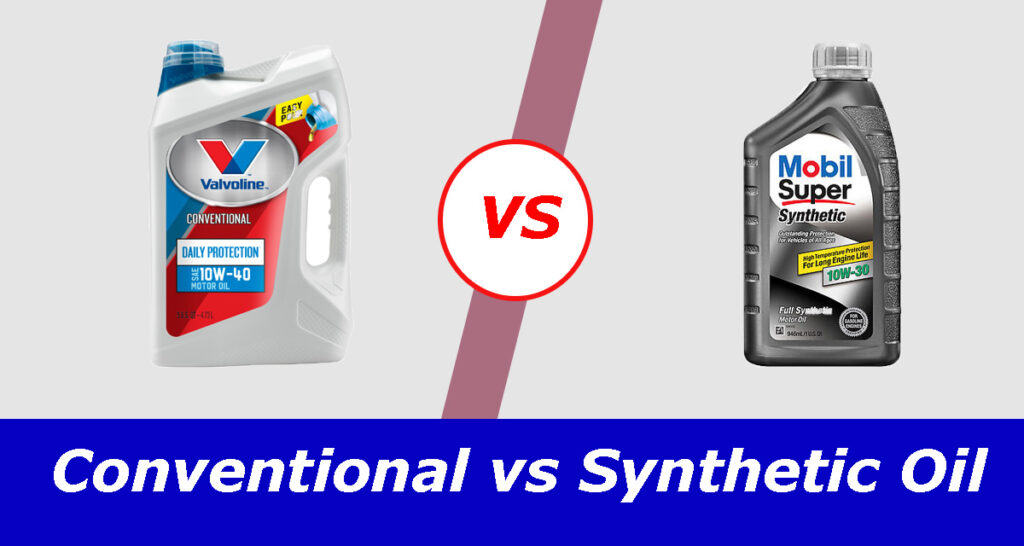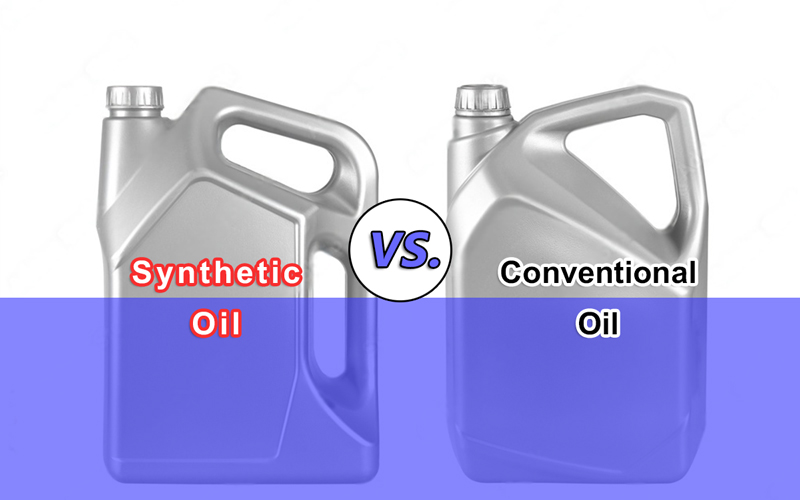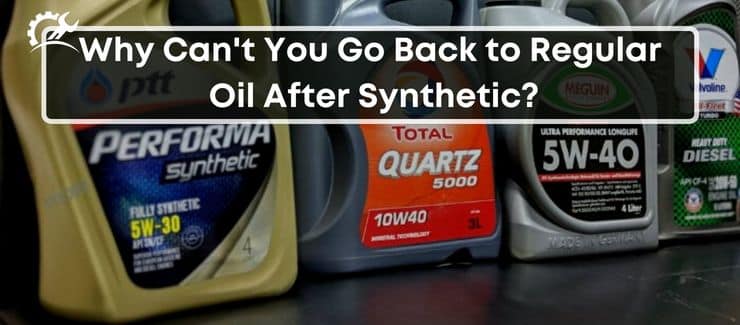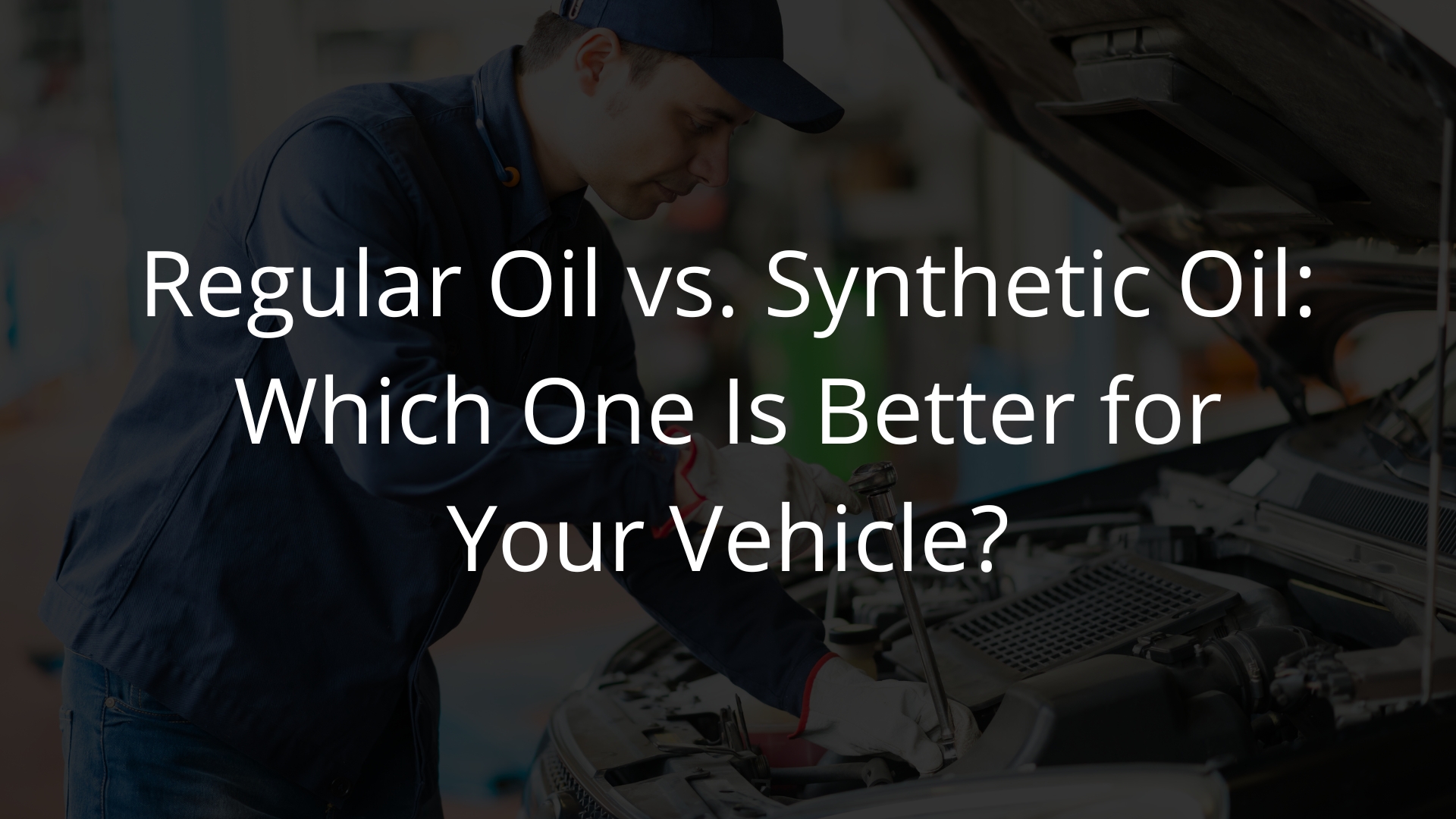Is It Bad To Switch From Conventional To Synthetic Oil

Imagine this: You're standing in your garage, the scent of motor oil and rubber filling the air. Sunlight streams through the open door, illuminating dust motes dancing in the light. Your trusty car, a veteran of countless road trips and daily commutes, patiently awaits its scheduled oil change. You've always used conventional oil, but lately, you've been hearing whispers about the wonders of synthetic. The question hangs heavy in the air: Should you make the switch?
The question of whether switching from conventional to synthetic oil is harmful is a common concern for car owners. Generally, it’s not bad to switch. However, several factors, including the vehicle’s age, condition, and maintenance history, should be considered before making a decision to ensure optimal engine performance and longevity.
Understanding the Basics: Conventional vs. Synthetic Oil
To understand the implications of switching, it's essential to grasp the fundamental differences between conventional and synthetic oil. Conventional oil, also known as mineral oil, is derived directly from crude oil. It undergoes refining processes to remove impurities and improve its performance.
Synthetic oil, on the other hand, is engineered in a laboratory. It’s often synthesized from chemically modified petroleum components, offering enhanced purity, consistency, and performance characteristics.
The Benefits of Synthetic Oil
Synthetic oil boasts several advantages over its conventional counterpart. One of the most significant benefits is its superior resistance to breakdown at high temperatures.
This is crucial for modern engines that operate at higher temperatures and stresses. Synthetic oils also exhibit better cold-start performance, allowing for quicker lubrication during cold weather, which reduces engine wear.
Moreover, synthetic oils typically contain advanced additives that provide enhanced protection against sludge buildup, corrosion, and wear. This can lead to extended engine life and improved fuel economy.
Addressing Common Concerns
Despite the clear advantages of synthetic oil, many car owners hesitate to switch, often due to concerns about potential problems. One prevalent myth is that synthetic oil can cause leaks in older engines.
The thinking goes that synthetic oil's superior cleaning properties can dislodge accumulated deposits that were previously sealing minor leaks in older engines, especially those with high mileage. While there's a kernel of truth to this, it's not always a reason to avoid synthetic oil.
Modern synthetic oils are formulated to be compatible with a wide range of engines, including older models. Furthermore, many synthetic oils contain seal conditioners that can help prevent or mitigate leaks.
The Role of Additives
The additives in motor oils, both conventional and synthetic, play a critical role in their performance. These additives can include detergents, dispersants, friction modifiers, and corrosion inhibitors.
Synthetic oils often incorporate more advanced additive packages, providing superior protection and performance. However, it’s important to note that not all synthetic oils are created equal. Choosing a reputable brand and viscosity grade recommended by your vehicle manufacturer is crucial.
When to Avoid Switching
While generally safe and beneficial, there are a few specific scenarios where switching to synthetic oil might not be the best course of action. If your vehicle's engine is severely worn or has a history of significant leaks, switching to synthetic oil could exacerbate these issues.
In such cases, continuing with conventional oil, possibly with a high-mileage formulation containing seal conditioners, might be a more prudent choice. It's always recommended to consult with a qualified mechanic to assess your engine's condition and determine the best oil type for your specific vehicle.
Vehicle Age and Condition
The age and condition of your vehicle play a significant role in the decision. For newer vehicles, especially those with turbochargers or high-performance engines, synthetic oil is often the recommended or even required lubricant.
For older vehicles with well-maintained engines, switching to synthetic oil can still offer benefits, such as improved fuel economy and extended oil change intervals. However, carefully monitor the engine for leaks after the switch.
Making the Transition: A Step-by-Step Guide
If you've decided to switch to synthetic oil, the process is relatively straightforward. Begin by draining the old conventional oil and replacing the oil filter. It's always a good practice to use a high-quality oil filter designed for synthetic oil.
Then, pour in the appropriate amount of synthetic oil, ensuring it meets the specifications recommended in your vehicle's owner's manual. After the oil change, monitor your engine for any signs of leaks or unusual behavior.
Oil Analysis: A Proactive Approach
For those seeking a more data-driven approach, oil analysis can provide valuable insights into your engine's health and the effectiveness of your chosen oil. An oil analysis involves sending a sample of your used oil to a laboratory for testing.
The analysis can reveal the presence of wear metals, contaminants, and other indicators of engine condition. This information can help you optimize your oil change intervals and identify potential problems before they become major issues.
The Environmental Perspective
Beyond the performance benefits, switching to synthetic oil can also have environmental advantages. Synthetic oils typically last longer than conventional oils, reducing the frequency of oil changes.
This, in turn, reduces the amount of used oil that needs to be disposed of. Furthermore, the improved fuel economy often associated with synthetic oil can contribute to lower emissions.
Longer Oil Change Intervals
One of the key advantages of synthetic oil is its ability to last longer between oil changes. Conventional oil typically requires changes every 3,000 to 5,000 miles, while synthetic oil can often go 7,500 to 10,000 miles or even longer, depending on the vehicle and driving conditions.
Always consult your vehicle's owner's manual or a qualified mechanic for specific recommendations on oil change intervals. Overextending oil change intervals, even with synthetic oil, can lead to engine damage.
The Economic Considerations
While synthetic oil generally costs more per quart than conventional oil, the longer oil change intervals can offset this higher initial cost. In the long run, switching to synthetic oil might even save you money.
This is especially true for vehicles that require frequent oil changes or those driven under severe conditions. Consider the overall cost of ownership, including oil changes, fuel economy, and potential engine repairs, when making your decision.
Considering the Overall Picture
The decision to switch from conventional to synthetic oil is a personal one, based on your individual needs, budget, and driving habits. There's no one-size-fits-all answer.
By carefully considering the factors outlined above and consulting with a qualified mechanic, you can make an informed decision that's right for you and your vehicle.
A Final Thought
Ultimately, the goal is to ensure your engine receives the best possible lubrication and protection. Whether you choose to stick with conventional oil or embrace the benefits of synthetic, prioritize regular maintenance and adherence to your vehicle manufacturer's recommendations. Remember, a well-maintained engine is a happy engine, ready to take you wherever the road may lead. Happy driving!

